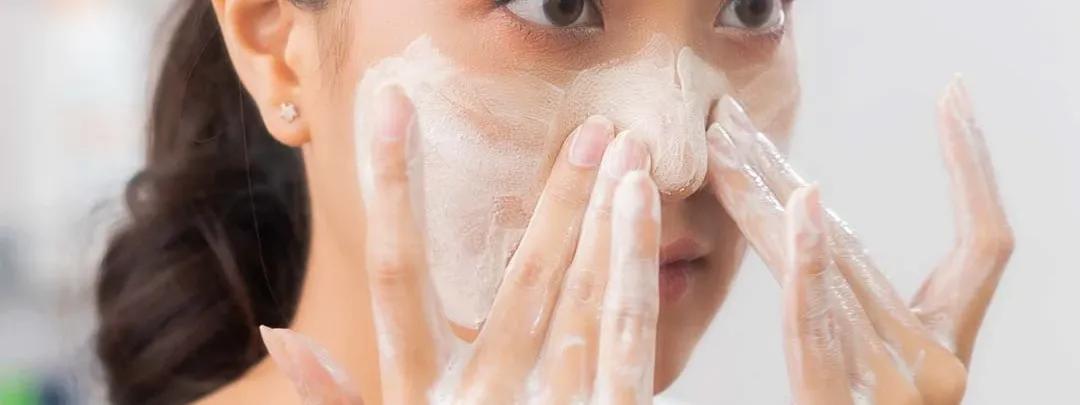Using the Wrong Products
Using a cleanser that doesn't match your skin type can cause more problems than it solves. Signs you're using the wrong face wash include persistent breakouts, unusual dryness or oiliness, irritation, or skin that feels uncomfortable after cleansing.
Neglecting to Change Your Routine
Your skin's needs change with seasons, hormones, age, and lifestyle factors. What works in humid summer months might not work during dry winter weather. Pay attention to how your skin responds and adjust your routine accordingly.
The Role of Face Wash in Anti-Aging Skincare
Proper face washing plays a crucial role in maintaining youthful-looking skin. Clean skin absorbs anti-aging products more effectively, and the right cleansing routine can actually support your skin's natural renewal processes.
Anti-Aging Face Wash Benefits
An anti-aging face wash contains ingredients like antioxidants, peptides, or gentle acids that cleanse whilst addressing signs of ageing. These formulations help maintain skin elasticity, support collagen production, and prepare your skin to better absorb subsequent anti-aging treatments.
Supporting Your Skincare Routine
Proper cleansing ensures your expensive serums and treatments can penetrate effectively. Clean skin is more receptive to active ingredients, making your entire skincare routine more effective. Think of face washing as the foundation that makes everything else work better.
Frequently Asked Questions
How often should I wash my face?
Twice daily—morning and evening—is the sweet spot for most people. Morning cleansing removes overnight oil buildup and prepares your skin for the day. Evening cleansing removes makeup, sunscreen, and daily accumulation of dirt and pollution.
Can face washing help with acne?
Absolutely! Proper face washing removes excess oil, bacteria, and dead skin cells that contribute to acne formation. However, the key is using the right cleanser for your skin type and not over-washing, which can actually worsen acne by irritating the skin.
Is it necessary to use a toner after face washing?
It's not strictly necessary, but toner can be beneficial for certain skin types. If your cleanser is well-formulated and pH-balanced, toner becomes optional rather than essential. However, toners can provide additional benefits like hydration or mild exfoliation.
Can face washing cause dryness or irritation?
Yes, if you're using the wrong cleanser for your skin type, washing too frequently, or using water that's too hot. Signs of over-cleansing include tightness, redness, flaking, or increased sensitivity. Switch to a gentler cleanser and reduce washing frequency if you experience these symptoms.
Should I use different face washes for morning and night?
It's not necessary for most people, but some find it beneficial. You might use a gentler cleanser in the morning and a deeper-cleansing formula at night to remove makeup and daily buildup. However, a good-quality cleanser that suits your skin type can work effectively for both.
Key Takeaways
Mastering face washing is about understanding your skin's unique needs and choosing products that work with your skin, not against it. The right technique combined with a suitable cleanser creates the foundation for healthy, glowing skin. Remember that consistency matters more than perfection—a simple routine done correctly every day beats an elaborate routine that you skip half the time. Your skin is unique, so what works for others might not work for you. Pay attention to how your skin responds and adjust accordingly. With the right approach, face washing becomes less of a chore and more of a moment of self-care that sets you up for skin success.

 175 gm
175 gm 200 ml
200 ml 75 gm
75 gm 150 ml
150 ml